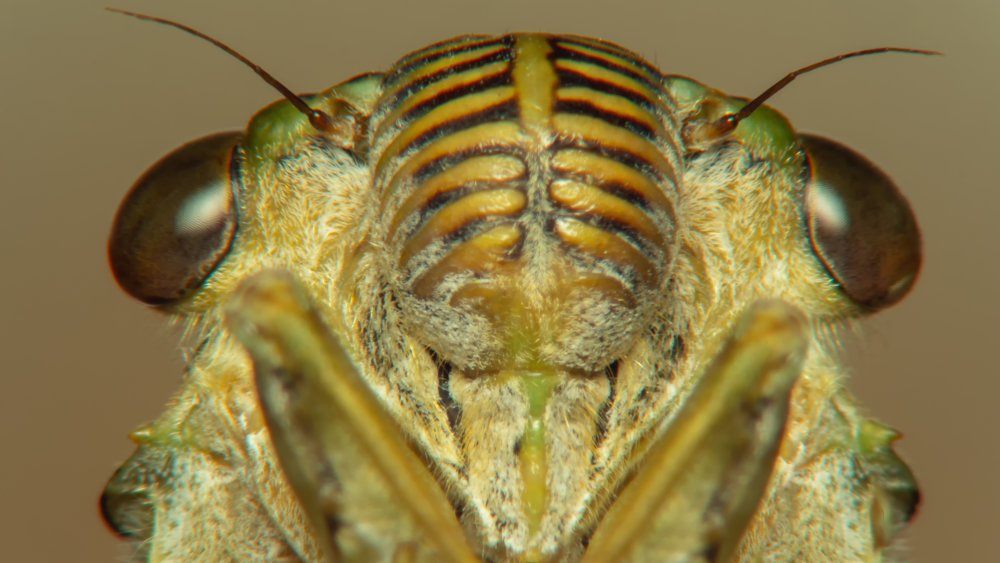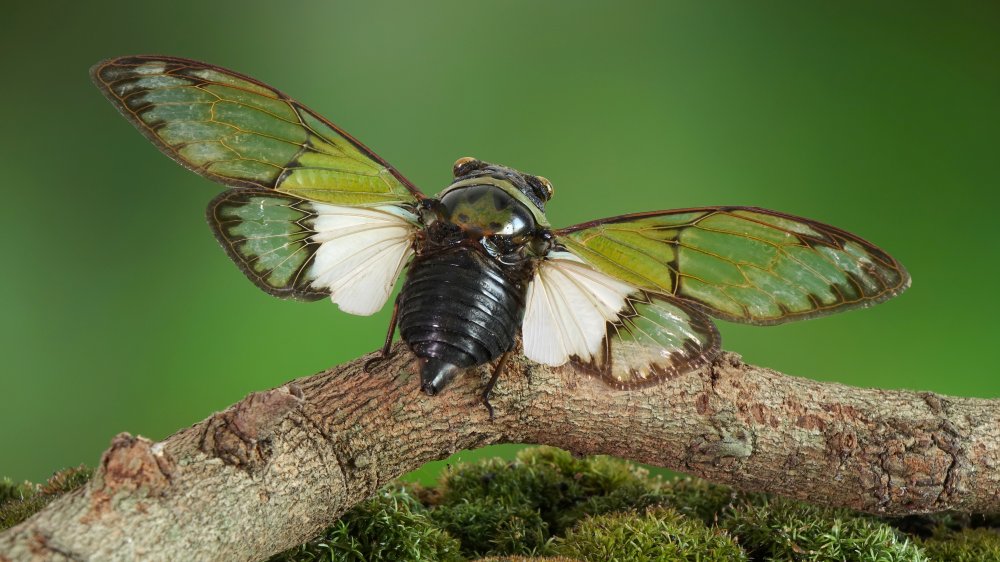The Real Reason Cicadas Are So Loud
The humble cicada begins its life as an egg, so small as to be imperceptible to all but the most astute. When it hatches, it spends time as a larval creature, innocent and secretive, hidden just below the bark of a tree, quietly supping upon the life giving fluids of its branches. Once it feels like it has done all it can, it drops to the ground, where it burrows into the Earth's embrace and lives, not bothering a soul, for between two and seventeen years.
Then, like fossil fuels and the Uruk-hai, they emerge from the firmament and make everyone's life hell.
If you've ever lived in an area replete with cicadas, you're very much aware that they're the car alarms of the animal kingdom: everyone can hear them, and nobody seems to know how to turn them off. But how does nature pack so much ear-piercing, trauma-inducing noise into something so much smaller than '90s rock sensation Everclear?
Ah, the gentle ZZZZZZZZ of nature
The answer, as is often the case, is all about that tush.
Cicadas have a remarkable, specialized physical setup that allows them to crush your dreams of sleeping in on the weekend. Much of their obnoxiousness acumen comes from a section of their abdomens called a tymbal: a ridged pair of hardened membranes that rub against one another when contracted. That butt, though.
The king's share of the cicada's abdomen is a hollow resonating chamber. In an interview with Phys.org, entomologist Gene Hall explains that by combining the harsh clicks of the tymbal with the drum-like inner void of their backsides, these pintsized xenomorphs are able to make roughly the same amount of noise, no kidding, as a gas powered lawn mower.
Other fun facts about cicadas: each species has its own unique call, allowing for different subspecies to thrive in the same environment. They also, according to National Geographic, are delicious.

